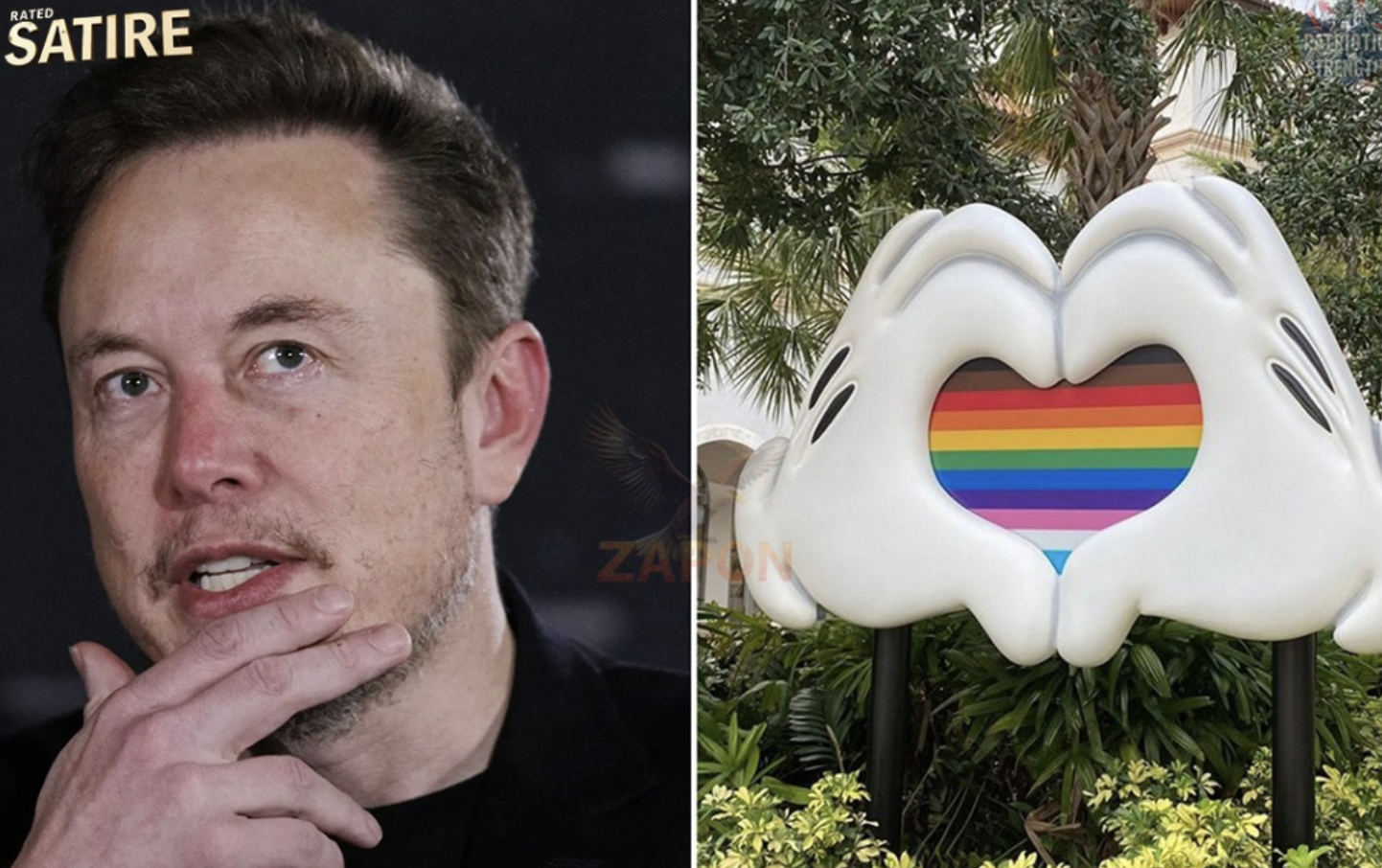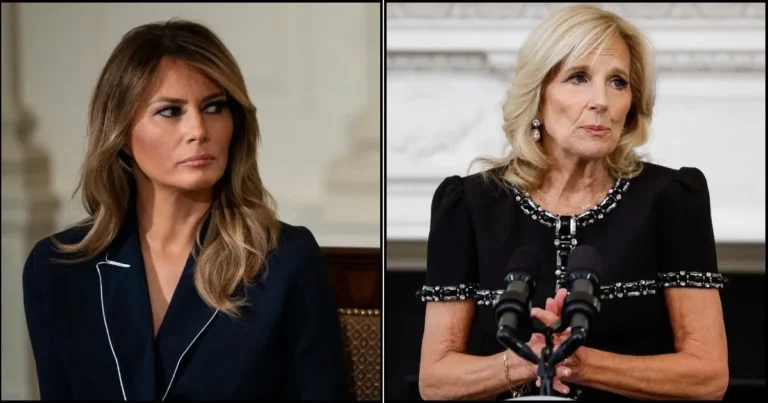Disney’s Pride Content Is Blocked on X by Elon Musk, Who Claims “Woke” Isn’t for Children

The recent move by Elon Musk to ban Disney’s Pride-related content from his social networking platform X has generated controversy and discussion over the relationship between children’s programming, media impact, and social ideals. Musk has made it clear that he believes children shouldn’t be exposed to “woke” messaging, especially when it comes to talks of gender identity and LGBTQ+ issues. His claim that these themes are “inappropriate for children” and ought to be carefully chosen in areas that they may visit serves as the rationale for his decision to restrict Disney’s Pride content on X.
Courses on influencer marketingMusk’s growing concerns about what he sees as “woke” messaging in media aimed at younger audiences are highlighted by this move. He has voiced concerns about businesses, especially those in the entertainment sector, implementing social justice themes or diversity and inclusivity-promoting content, calling these initiatives “woke” and unsuitable for young audiences. Musk contends that platforms like X should help make sure that messaging is in line with “traditional” or “neutral” values for younger audiences and that parents should have some say over the kind of information their kids are exposed to.
However, a lot of individuals believe that this choice goes too far and may restrict positive representation for underrepresented groups, especially considering how well-known and powerful Disney’s programming is. Disney has demonstrated a strong commitment to diversity and inclusivity by creating stories with Pride themes and LGBTQ+ characters that normalize these identities in the mainstream. Proponents of this kind of portrayal contend that early exposure to multiple identities in the media helps children develop empathy, understanding, and inclusivity. They contend that LGBTQ+ youth who might not see their experiences reflected in other facets of their lives might also benefit greatly from this type of information.Musk’s detractors also stress that restricting access to some kinds of content because it is deemed “woke” can have significant repercussions. Some contend that limiting particular identities or storylines stigmatizes the very individuals that Pride content aims to represent by sending a message of exclusion rather than embrace. Critics contend that a nuanced strategy is needed, one that honors parental choices without sacrificing representation for underrepresented groups in the media.
However, proponents of Musk’s position contend that media for children should avoid promoting any kind of politicized propaganda and instead emphasize traditional values. They contend that rather than tackling subjects that can be viewed as contentious or too mature, entertainment for younger audiences should place a higher priority on universal qualities like kindness, honesty, and courage. According to this viewpoint, once kids are old enough to critically interact with a range of viewpoints, they should be allowed to develop their own opinions on complicated matters.
This viewpoint’s proponents contend that “woke” themes may unintentionally introduce kids to ideas they aren’t yet able to comprehend or appropriately evaluate.
Musk’s choice has put X at the forefront of a broader cultural discussion as discussions over representation and children’s programming continue. It’s unclear how Disney and other content creators will react to these limitations and how Musk’s social views will affect his platforms in the future. The balance between representation, parental supervision, and platform regulation will probably remain a source of dispute as social media continues to have an increasing impact on the content that reaches young audiences.

